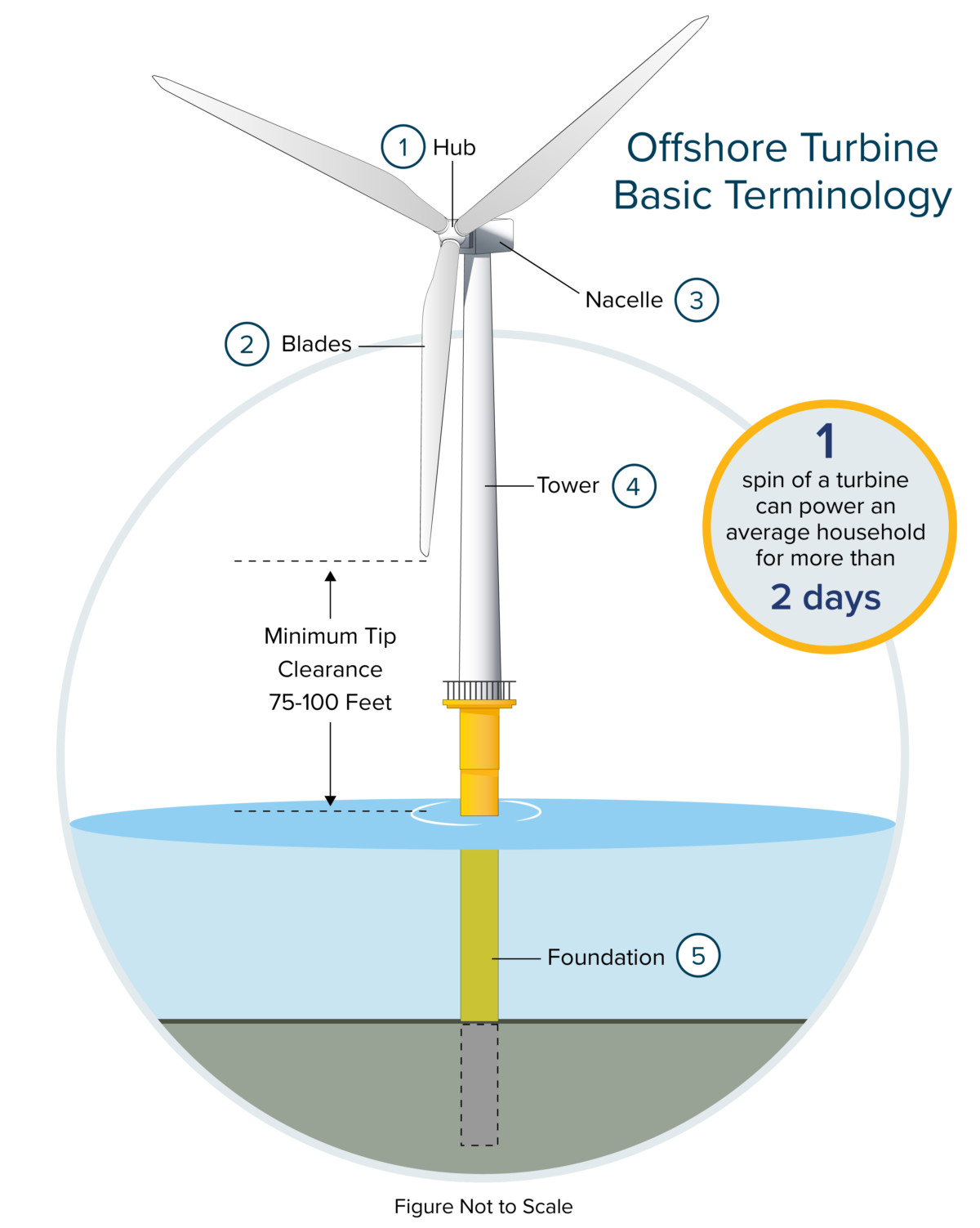Can America Compete? Assessing China's Electric Vehicle Domination

Table of Contents
China's EV Advantages: A Deep Dive
China's success in the EV market isn't accidental; it's the result of a strategic, multi-pronged approach.
Massive Domestic Market & Government Support
China boasts the world's largest EV market, fueled by significant government support and burgeoning consumer demand. This advantage allows Chinese manufacturers to achieve economies of scale unavailable to their American counterparts.
- Government Subsidies: Generous government subsidies and tax incentives have stimulated EV adoption and spurred domestic production.
- EV Infrastructure Development: China has invested heavily in developing a comprehensive charging infrastructure, alleviating "range anxiety" – a major barrier to EV adoption. This includes a vast network of public charging stations and significant private investment.
- Consumer Demand: Rising environmental awareness and government policies have created a strong domestic market for EVs, driving innovation and production.
- Market Dominance: Chinese manufacturers like BYD, NIO, and Xpeng hold significant market share, both domestically and increasingly internationally, demonstrating their competitiveness. Statistics show that China's EV sales consistently outpace those of the United States and Europe.
Advanced Battery Technology & Supply Chain Control
China's dominance extends to the core of EV technology: batteries. They control a significant portion of the global supply chain for battery production, raw materials, and related technologies.
- Battery Production: China is the world's leading producer of lithium-ion batteries, the dominant battery technology in EVs.
- Raw Materials: China controls a substantial portion of the global supply of critical raw materials, such as lithium, cobalt, and rare earth minerals, essential for battery manufacturing. This control gives them a significant cost advantage.
- Technological Advancement: Chinese companies are actively involved in researching and developing advanced battery technologies, including solid-state batteries, potentially further solidifying their position.
- Supply Chain Implications: This control over the battery supply chain gives China significant leverage in the global EV market, impacting pricing and availability for manufacturers worldwide.
Economies of Scale & Manufacturing Efficiency
China's massive manufacturing capacity and highly efficient production processes contribute to lower production costs, a crucial factor in the competitive EV landscape.
- Large-Scale Manufacturing: The sheer scale of Chinese EV manufacturing allows for significant economies of scale, reducing the cost per unit.
- Efficient Production: Chinese manufacturers have mastered efficient production techniques, leading to lower labor costs and faster production times.
- Cost Advantages: These combined factors result in significantly lower production costs for Chinese EVs, making them highly competitive on price.
- Market Impact: Lower production costs translate to lower selling prices, making Chinese EVs more attractive to consumers globally.
America's Challenges in the EV Race
Despite its technological prowess, the United States faces significant hurdles in its pursuit of EV market leadership.
Infrastructure Gaps & Charging Network Limitations
The US lags behind China in developing a robust nationwide charging infrastructure. This limits EV adoption and creates a barrier to wider acceptance.
- Charging Station Density: The density of public charging stations in the US is significantly lower than in China, creating range anxiety for potential EV buyers.
- Uneven Distribution: The existing charging infrastructure is unevenly distributed, with many rural areas lacking adequate access to charging stations.
- Impact on Adoption: The lack of convenient and reliable charging infrastructure significantly hinders the widespread adoption of electric vehicles.
Supply Chain Vulnerabilities & Dependence on Foreign Components
The US relies heavily on foreign sources for certain critical EV components, creating vulnerabilities in its supply chain.
- Foreign Dependence: American EV manufacturers often depend on foreign suppliers for key components like batteries and rare earth minerals.
- Supply Chain Risks: This dependence exposes the US EV industry to geopolitical risks, supply chain disruptions, and price volatility.
- National Security Concerns: This reliance on foreign suppliers raises national security concerns, highlighting the need for greater domestic production.
Higher Production Costs & Competition from Established Automakers
American EV manufacturers often face higher production costs compared to their Chinese counterparts, impacting their price competitiveness.
- Labor Costs: Higher labor costs in the US contribute to higher production costs for American-made EVs.
- Regulation & Compliance: Stringent environmental and safety regulations add to the production costs.
- Competition: Established automakers with extensive global reach present a formidable challenge to newer EV companies.
Strategies for American Competitiveness in the EV Market
The US can still compete effectively in the global EV market through strategic investments, policy changes, and technological innovation.
Investing in Domestic Battery Production & Supply Chain Diversification
Reducing reliance on foreign components is paramount for securing the long-term competitiveness of the US EV industry.
- Domestic Battery Manufacturing: Significant investments in domestic battery production capacity are crucial to reduce reliance on foreign suppliers.
- Supply Chain Resilience: Diversifying the supply chain by sourcing materials from multiple countries can mitigate risks associated with single-source dependence.
- Strategic Partnerships: Collaborations with domestic and international partners can accelerate the development and deployment of advanced battery technologies.
Strengthening EV Infrastructure & Incentives for Adoption
Expanding the charging network and providing attractive incentives are essential to encourage widespread EV adoption in the US.
- Charging Network Expansion: Significant investment in building a robust and nationwide charging infrastructure is critical.
- Government Incentives: Offering tax credits, rebates, and other incentives to EV buyers can significantly boost demand.
- Public-Private Partnerships: Collaborations between government agencies and private companies can accelerate the deployment of charging infrastructure.
Promoting Innovation & Technological Advancement
Fostering innovation in EV technology is key to developing competitive advantages in the global market.
- Research and Development: Increased investment in research and development (R&D) is crucial for breakthroughs in battery technology, charging infrastructure, and vehicle design.
- Collaboration and Partnerships: Encouraging collaboration between universities, research institutions, and private companies can accelerate technological advancements.
- Talent Development: Investing in education and training programs to develop a skilled workforce is essential for maintaining a competitive edge.
Conclusion: Can America Compete? Charting a Course for EV Success
China's advantages in the EV market are undeniable, encompassing a massive domestic market, significant government support, advanced battery technology, and efficient manufacturing. However, America faces significant challenges, including infrastructure gaps, supply chain vulnerabilities, and higher production costs. The question of whether America can compete in the global EV market is not yet settled. By focusing on strategic investments in domestic battery production, expanding the charging network, offering attractive incentives, and promoting innovation, the United States can secure its position as a leader in the electric vehicle revolution. Learn more about the ongoing efforts to bolster American EV competitiveness and how you can contribute to this crucial sector.

Featured Posts
-
 Bradley Cooper And Will Arnett Behind The Scenes Photos From Is This Thing On
May 04, 2025
Bradley Cooper And Will Arnett Behind The Scenes Photos From Is This Thing On
May 04, 2025 -
 Joseph Parker Martin Bakole Clash Of The Heavyweights
May 04, 2025
Joseph Parker Martin Bakole Clash Of The Heavyweights
May 04, 2025 -
 The High Cost Of Offshore Wind Impact On Industry Investment
May 04, 2025
The High Cost Of Offshore Wind Impact On Industry Investment
May 04, 2025 -
 Eneco Inaugure Son Grand Parc De Batteries A Au Roeulx Une Premiere Pour La Belgique
May 04, 2025
Eneco Inaugure Son Grand Parc De Batteries A Au Roeulx Une Premiere Pour La Belgique
May 04, 2025 -
 The Parker Factor Analyzing The Wbos Usyk Dubois Rematch Plans
May 04, 2025
The Parker Factor Analyzing The Wbos Usyk Dubois Rematch Plans
May 04, 2025
